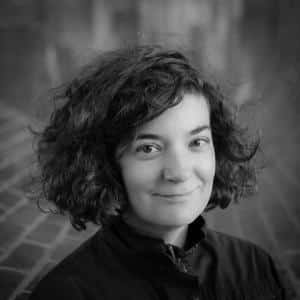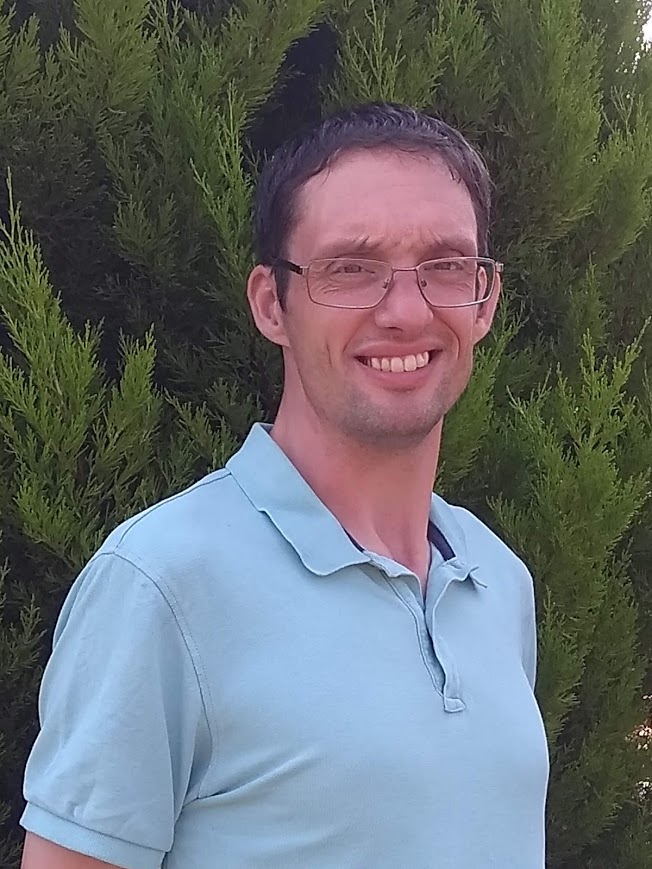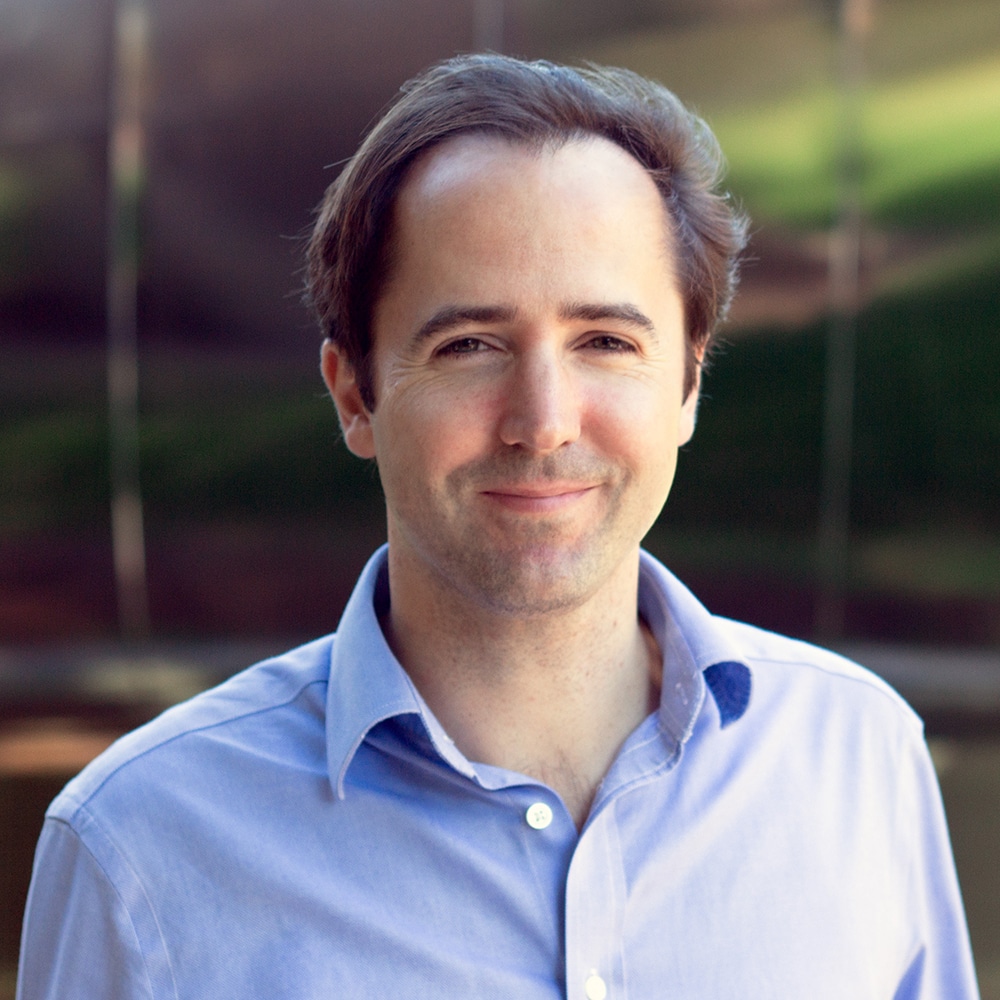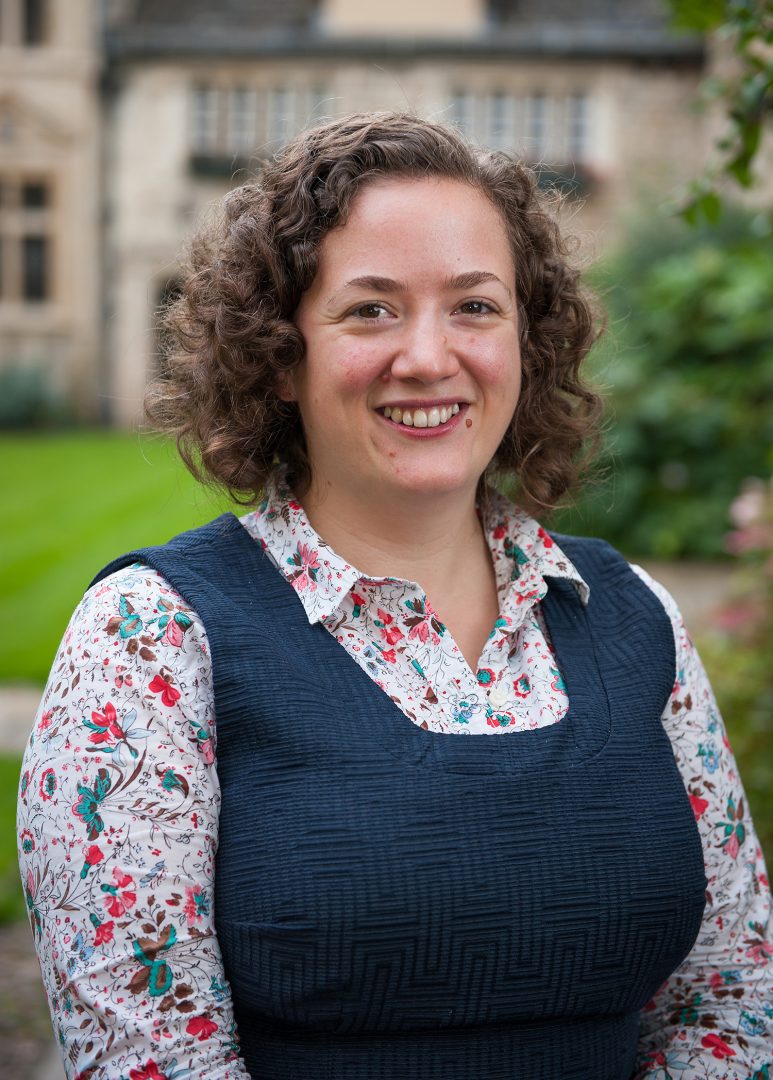Language Miracles Workshops
Registration for the Language Miracles Workshops is now closed.
Our friendly team of Modern and Medieval Language tutors at St Edmund Hall invites A-Level state school students to join us for a series of four interactive workshops exploring the miraculous nature of words and the people, periods and places opened up to us by the study of other languages, literature and cultures.
Content covered will range from medieval Spanish poetry to a 19th century Russian classic novel, and from early-modern French short stories to political pamphlets written and distributed clandestinely in Nazi Germany.
You will develop critical reading skills while broadening your knowledge and understanding of other cultures and time periods. You will practise your translation skills into English from familiar and new languages. You will be encouraged to communicate your ideas in a supportive environment and introduced to new avenues for future reading and research.
Benefits of participating:
- Experience an Oxbridge tutorial
- Learn more about the languages courses at Oxford
- Develop skills and confidence to study languages at university
- Meet others interested in studying languages
- Hear from current Oxford University languages students
- Strengthen your UCAS personal statement and interview skills
Each workshop will take place using Microsoft Teams. The workshops are interactive, and we encourage you to turn on your microphones and videos. This is not to judge you or make you feel exposed, but to help make everyone – including the tutors! – more comfortable, as well as allow you to get more out of the workshop.
Please note that registration for each workshop will close 48 hours in advance of the start date and time.
FAQs
One of the exciting parts about studying a language at Oxford is that you study more than just conjugations and connectives: studying culture and literature are key vessels of the experience, allowing you to make progress in that language quicker. For that reason, the focus of these workshops will not be your skills in a particular language, but your ability to work with new information.
If however you have prior knowledge about a particular language, we welcome your specialism!
You are welcome to join as many workshops as you would like. While the content and focus of each workshop will be different, you will be able to strengthen similar skills in all the workshops: critical reading, creative thought, confidence, analysis, argumentation and much more!
We ask that attendees are studying at least one language to A-Level but no knowledge of the language focus required – tutors will provide English translations of all texts. Some short pre-reading will be circulated ahead of each session (no more than 30 mins of preparation).
In advance of some of our sessions, we may send out short pieces of reading (one side of A4). We don’t expect you to spend ages reviewing this material – just to read through. The reading will allow you more insight into the session, as well as a way to get to grips with the material. We want you to feel as confident and as comfortable as possible in each workshop, and empower you to share your thoughts and ideas with the tutors.
If you require a different format, such as larger text or a HTML file, please get in touch with us.
We strongly recommend that you attend the online sessions in real time, as this will more closely mimic our tutorials. This will allow you to get the most out of the session.
If you are unable to attend the session, we will post any lecture highlights on the St Edmund Hall YouTube channel.
Register Here
Workshops

Miracles in Medieval Spanish Poetry
What is a miracle? Why did they matter to medieval people? How do we read and interpret languages and cultures different to our own?
Dr Rosa Vidal Doval is Associate Professor of Medieval Iberian Literature, and teaches the Spanish course at Magdalen College and St Edmund Hall.
Wednesday 17 July | 3:15-4:30pm
Short Stories in Early-Modern French
“When somebody tells a story, it is unusual for the storyteller not to be interrupted occasionally by the listener…” (Denis Diderot). A session on the art of French storytelling.
Dr Jonathan Patterson is a Departmental Lecturer in French. He teaches French language and literature, with a particular focus on the period of his research: the sixteenth and seventeenth centuries.
Friday 12 July | 3:45-5pm


Translating a 19th Century Russian Classic
Why Crime and Punishment is a comic novel, and other surprises. A recent translator of Dostoevsky’s masterpiece shares his thoughts.
Dr Oliver Ready is a College Lecturer in Russian specialising in recent and nineteenth-century literature. He has worked for several years as a departmental lecturer for the Faculty of Medieval and Modern Languages, teaching undergraduates and postgraduates across the University.
Monday 15 July | 3:45-5pm
Reading and Writing Resistance in Nazi Germany
We explore how a group of university students used the written word to resist the Nazis and how culture can inspire political action.
Dr Alex Lloyd teaches German language and literature from the mid-eighteenth to the twenty-first century, in particular post-1945 literature and film.
Wednesday 10 July | 3:45-5pm
